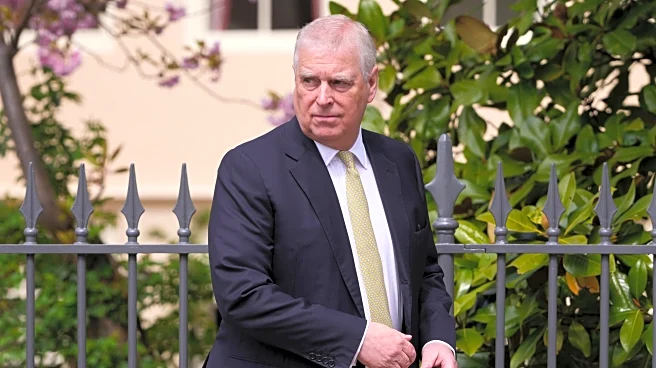Rapid Read • 7 min read
The International Telecommunication Union (ITU) is actively engaged in setting standards for global telecommunications, including the International Telecommunication Regulations (ITRs) and Radio Regulations (RRs). These standards have significant implications for human rights, as they govern telecommunication and radio-frequency spectrum use. The ITU's remit has expanded over time to include telephony, radio, television, satellites, and mobile telephony. Recent discussions have focused on whether aspects of internet governance should fall under the ITU's purview, a move that has sparked controversy due to potential risks to human rights.
AD
The ITU's role in regulating telecommunications standards is crucial for ensuring interoperability and global connectivity. However, the expansion of its mandate to include internet governance raises concerns about the potential for increased government control over the internet, which could impact freedom of expression and privacy rights. The ITU's decisions can influence national policies and regulations, making it essential for civil society and human rights defenders to engage with the organization to safeguard human rights in the digital age.
The ITU will continue to hold conferences and meetings to discuss and revise its standards, with the next Plenipotentiary Conference scheduled for 2022. Member states will make high-level decisions on the ITU's role and elect senior staff. The organization will also host sector-level conferences to address specific telecommunication issues. Stakeholders, including civil society organizations, are encouraged to participate in these discussions to ensure that human rights considerations are integrated into the ITU's standards and policies.
The ITU's decision-making process, which is primarily driven by member states, highlights the need for greater transparency and inclusivity in global telecommunications governance. The organization's structure and processes can be challenging for non-state actors to navigate, underscoring the importance of fostering multistakeholder dialogue to address complex issues such as internet governance and cybersecurity.
AD
More Stories You Might Enjoy











